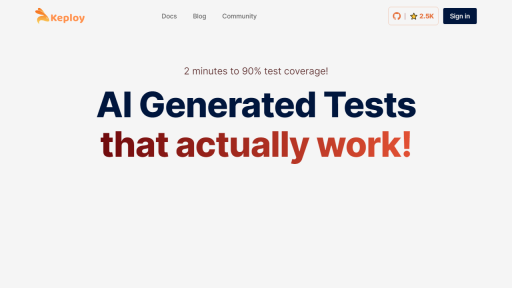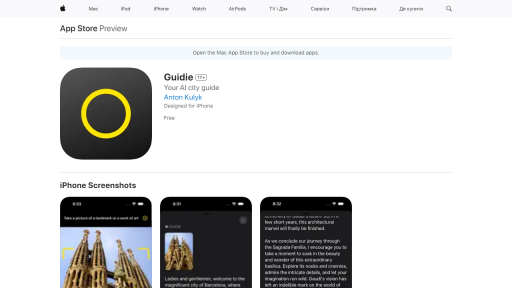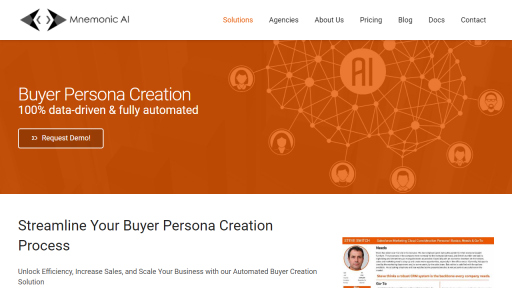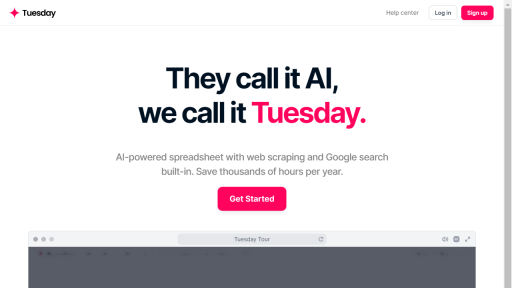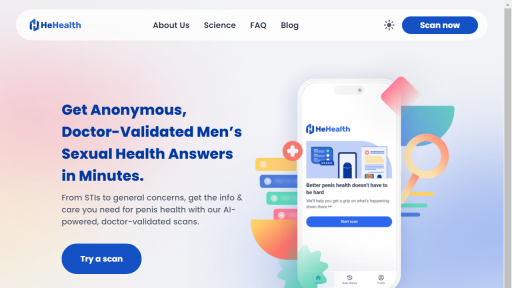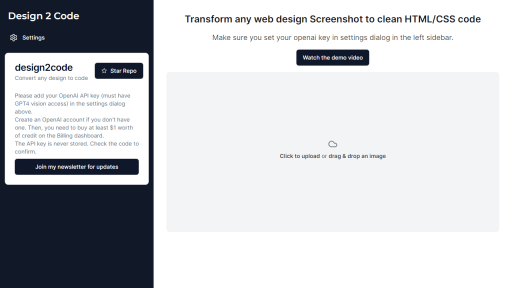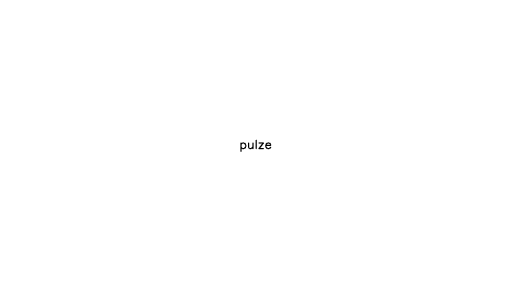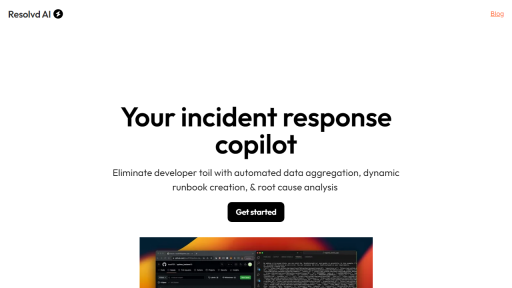What is Pascal?
Pascal is a powerful programming language and development tool designed primarily for teaching programming concepts and developing software. It emphasizes strong typing, structured programming, and data structuring, making it an ideal choice for educational environments. Developed in the late 1960s by Niklaus Wirth, Pascal was initially intended to encourage good programming practices through a clear and concise syntax that promotes readability and maintainability. Over the years, it has evolved into various dialects, including Object Pascal, which incorporates object-oriented features, thus broadening its applicability in modern software development. Pascal supports a rich set of features, including procedural programming, modular programming, and data abstraction, allowing developers to build robust applications. Its integrated development environments (IDEs) further provide tools for debugging, code completion, and syntax highlighting, making it a user-friendly option for both beginners and experienced programmers. Pascal’s educational focus has made it a staple in computer science curricula, helping students grasp foundational programming concepts while also being utilized in commercial software projects, game development, and systems programming.
Features
- Strong Typing: Ensures data integrity and reduces runtime errors by enforcing type constraints.
- Modular Programming: Facilitates code organization and reusability through the use of modules.
- Rich IDE Support: Offers integrated development environments with debugging tools, syntax highlighting, and code completion.
- Object-Oriented Extensions: Through Object Pascal, it supports classes, inheritance, and polymorphism for modern software development.
- Cross-Platform Compatibility: Can be used to develop applications for various platforms, including Windows, macOS, and Linux.
Advantages
- Educational Value: Ideal for teaching programming concepts due to its clear syntax and structured approach.
- Robustness: The strong typing system minimizes bugs and enhances the reliability of applications.
- Community Support: A dedicated community provides resources, libraries, and tools for developers.
- Legacy and Evolution: Continues to evolve with modern programming paradigms while retaining its educational roots.
- Simplicity: The straightforward syntax makes it easy for beginners to learn and understand programming fundamentals.
TL;DR
Pascal is a structured programming language that emphasizes strong typing and modularity, making it ideal for both educational and commercial software development.
FAQs
What are some common applications of Pascal?
Pascal is commonly used in education for teaching programming concepts, as well as in commercial software development, game development, and systems programming.
Is Pascal still relevant today?
Yes, Pascal remains relevant as an educational tool and is still used in some commercial applications, particularly in systems programming and embedded systems.
Can I use Pascal for web development?
While Pascal is not commonly used for web development, there are frameworks such as Free Pascal and Lazarus that allow for web application development.
What is Object Pascal?
Object Pascal is an extension of Pascal that adds object-oriented features, allowing developers to create classes, objects, and support inheritance and polymorphism.
How can I get started with learning Pascal?
You can get started with Pascal by downloading a free Pascal compiler, such as Free Pascal or Lazarus IDE, and exploring online tutorials and resources dedicated to learning the language.

